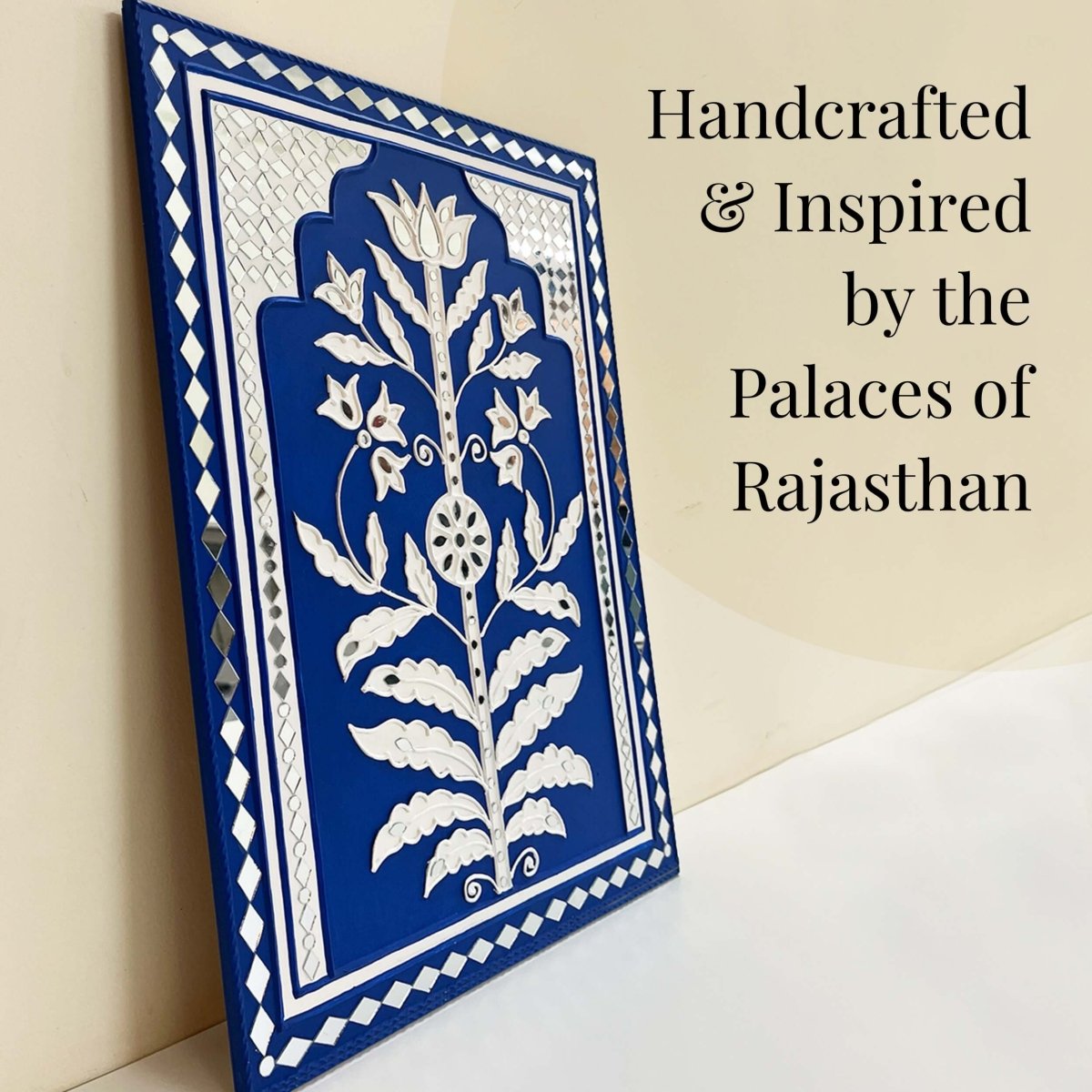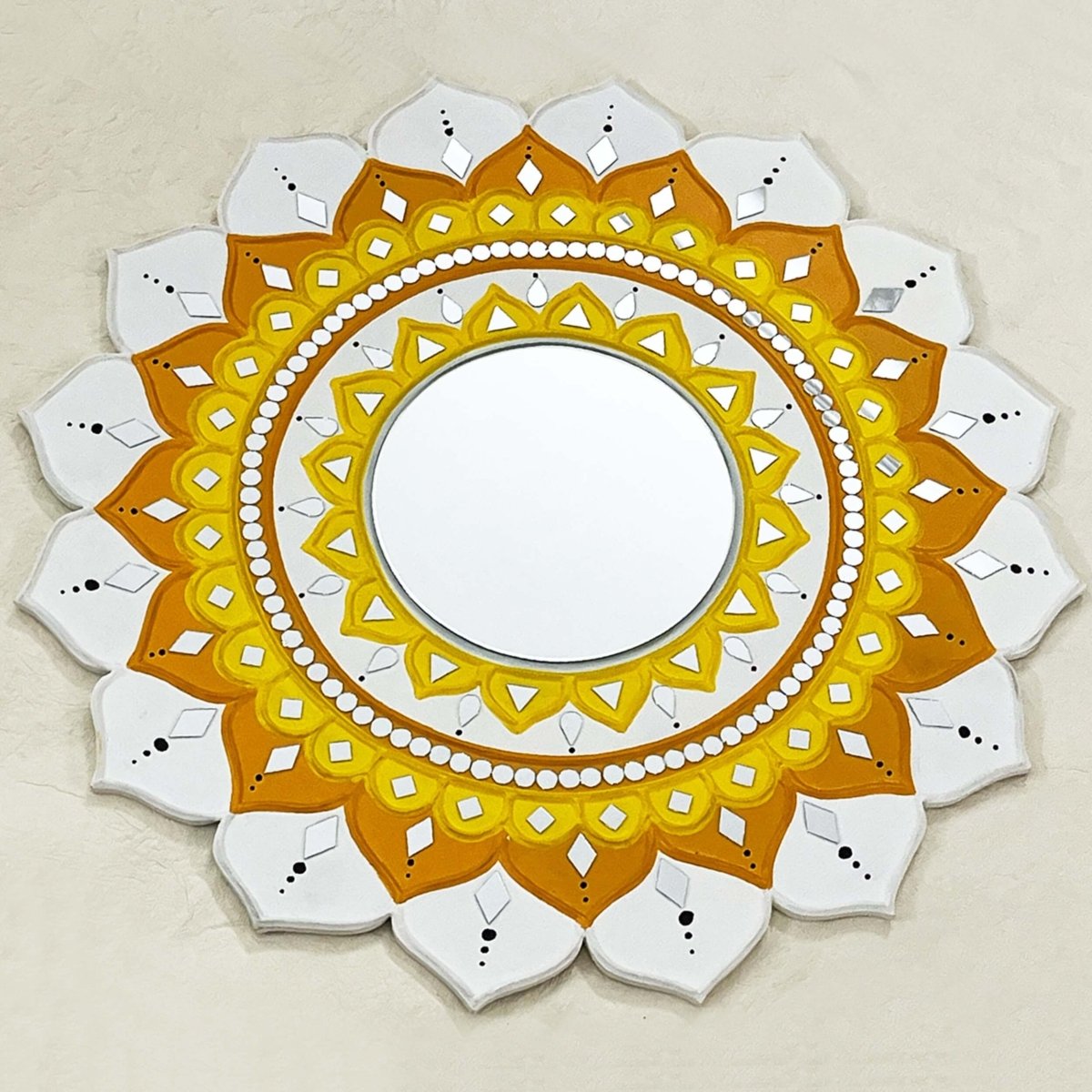Brigadier Sawai Bhawani Singh: A Tribute to a Soldier-Prince
BOOKMARK
The late Brigadier Sawai Bhawani Singh of Jaipur (1931-2011) was known as the last recognised Maharaja of Jaipur, before former Prime Minister Indira Gandhi abolished the titles and privileges of Indian Princes in 1971. But not many are aware that he was also a decorated war hero, whose bravery and courage during the 1971 Bangladesh Liberation War led to him being awarded the Maha Vir Chakra, the second-highest military decoration in India.
Sawai Bhawani Singh was born on 22nd October 1931 to Maharaja Sawai Man Singh of Jaipur and his first wife, Maharani Marudhar Kanwar. Growing up in the princely court of Jaipur, Sawai Bhawani Singh’s world changed dramatically in March 1949, when the princely state of Jaipur merged with other princely states to form the state Rajasthan.
In keeping with the changing times, Sawai Bhawani Singh joined the Indian Army in the 3rd Cavalry as a Second Lieutenant, holding a short-service commission in 1951 and was selected for the President's Bodyguards in 1954. In 1963, he was selected for the 50th Parachute Brigade. In 1970, he played an important role in training the Mukti Bahni guerrillas during the Bangladesh Liberation War. Following the outbreak of war with Pakistan in 1971, he was instrumental in the capture of the town of Chachro in Sindh in Pakistan, for which he was awarded the Maha Vir Chakra (MVC).
The citation for his MVC reads as follows:
Lieutenant-Colonel Sawai Bhawani Singh (IC-9015), The Parachute Regiment:
"On the night of 5 December 1971, Lieutenant-Colonel Sawai Bhawani Singh, who was commanding a battalion of the Parachute Regiment (commandos), led his men deep into the enemy territory and for four days and nights, with complete disregard for his personal comfort and safety, made skilful and relentless raids on the strongly held enemy posts at Chachro and Virawah. His inspired leadership and personal courage led to the capture of large areas of the enemy territory and created panic and confusion among the enemy, forcing them to retreat, leaving a large number of prisoners and equipment.
In this operation, Lieutenant-Colonel Sawai Bhawani Singh set an example of personal courage, exceptional qualities of leadership and devotion to duty in the highest traditions of the Indian Army."
Ironically, in July 1975, just four years after being awarded the Mahavir Chakra, Sawai Bhawani Singh was arrested and imprisoned in Tihar Jail, along with his stepmother, Rajmata Gayatri Devi, on trumped-up charges of ‘gold smuggling’ by Indira Gandhi’s government during the Emergency of 1975-77. Opting for early retirement from the army to look after his vast estates, Sawai Bhawani Singh also served as the Indian ambassador to Brunei from 1994 to 1997. He passed away in 2011, marking an end of a princely era.
To mark his 89th birth anniversary, his friend and a fellow army comrade, Brigadier HH Sukhjit Singh of Kapurthala, has penned a tribute. Brigadier Sukhjit Singh is the grandson of Maharaja Jagatjit Singh of Kapurthala, and the 9th titular Maharaja of Kapurthala. Just like Sawai Bhawani Singh, he too charted a new path with the changing times and joined the Scinde Horse Cavalry Unit of the Indian Army. Brigadier Sukhjit Singh too was awarded the Maha Vir Chakra for gallantry during the 1971 War, when despite heavy enemy attack, he closed in on the enemy and destroyed eight Pakistani tanks and captured one Pakistani officer, two junior commissioned officers and two other ranks.
Here is a tribute from one war hero to another:-
Today, October 22, is the 89th birth anniversary of the late Brigadier His Highness Maharaja Sawai Bhawani Singh of Jaipur, MVC.
‘Bubbles’, as he was affectionately known, was no ordinary person and not just due to the circumstances of his noble birth. It is well known that his arrival into the world was a much-heralded event in Jaipur as he was the first male born in the direct-line succession after generations of heirs had been adopted.
It is said that so much champagne flowed in the celebration that this new heir to Jaipur garnered the pet name of ‘Bubbles’. This is in a way a misnomer for the frivolity it implies – he was not an indolent Prince of leisure but an exemplar tour de force, who brought gravitas to each and every one of his various roles and responsibilities. At the same time, it should be conceded that his effervescent personality gave ample grounds for this to be a well -suited ‘pet name’.
It is impossible to succinctly capture the complete essence of man who, over the course of an extraordinary life, held various avatars – a prince, a diplomat, a hotelier and a sportsman, among other positions. His first and greatest love, however, was the profession of Arms as a soldier. Military punctilio, ceremonial exactitude, precision and elegance, all came naturally to him. Bubbles simply radiated his happiest mien and ablest talents amid such surroundings. That apart, he cut a dashing, but always courtly and gracious figure at social levees. Dignified and polite to a fault, he left an indelible impression on all who met him.
He was perfection personified, surrounded by his beloved Presidential Bodyguard, his much-loved crack Parachute Brigade, and especially in his devotion to his Battalion, 10 Parachute Commando (SF), which he commanded with distinction in 1971, earning in the process a well-merited Maha Vir Chakra for gallantry in action.
Just prior to this, following the sorrowful death of his father, he was installed on the ‘gaddi’ of Jaipur on 24th June 1970, as Maharaja Sawai Bhawani Singh of Jaipur. In this capacity, he would also hold the position as the head of the Kachwaha clan of Rajputs.
The title ‘Sawai’ is a hereditary honorific affix to all the rulers of Jaipur and was first conferred on Sawai Jai Singh of Jaipur by Mughal Emperor Aurangzeb in 1699. This title denotes that the conferee is literally the ‘nature of a man worthy of holding a value of one and a quarter over all others in strength, bravery and intelligence’. Bubbles proved himself worthy of this distinctive title. However, unfortunately, he would be the last titular Maharaja of Jaipur to legally bear the title because, in 1971, the Constitution 26th Amendment Bill passed by the Parliament of India abolished the concept of Rulership, Princely privileges and titles in the Republic of India.
A polo player of renown, he was a familiar figure at the most important polo tourneys both at home and abroad, carrying forward his family’s legacy as equestrians of considerable repute. And while engaged in the sport, as he would similarly display in combat, he was steel itself in the quest for victory. Off duty, he demonstrated an ever youthful exuberance, revelling in the spirit of practical jokes. His favourite prank was often to invite unsuspecting young colleagues or friends to a sumptuous meal and then serve them with the spiciest or Rajasthani cuisine.
Bubbles would quietly enjoy watching his ‘guests’ (more like victims!) squirming in the throes of a highly spiced ‘Lal Maas’ dish (a chilly-spiced Rajasthani mutton dish), quaffing glasses of beer or water to assuage the effect of the chillies, while he himself, accustomed to a very spicy diet, would quietly sweat it out all the while having his laugh. This discomfort was soon alleviated by the guests being served the most delectable of Rajasthani deserts from the vast repertoire of his expert cooks.
Perhaps what really set Bubbles apart from all others were his undoubted, proven and redoubtable talents as a ‘combat leader’ of fighting men. His peers would have to spend years mastering the arcane military arts to just become such leaders and not be found wanting, were the call to action come. But, without having to undergo such exertions, these skills and aptitudes came naturally to Bubbles, all of which contributed to his iconic standing in the Indian Army. Perhaps, what truly can be said about his uniqueness is that he is the only member of the former Indian Princely Order to qualify as a combat parachutist and on his own showing, to be accepted as an equal by one and all, in the much vaunted elite Parachute Brigade of the Indian Army.
One of Bubbles’s most memorable anecdotes relates to his highly successful tenure in command of his Battalion, the 10th Battalion The Parachute Regiment (SF) in 1971, when they successfully, and with telling effect, raided deep into the Thar Desert around the area of Chachro in Pakistan. The local Khemkhani population of Rajput Muslims in that area learnt that the Maharaja of Jaipur was within their territory, and demonstrating that borders have never severed generational ties of fealty, the populace now technically citizens of Pakistan, came to reverentially bow before him and greet him as they once traditionally did with enthusiastic cries of “Khama Ghani Maharaj!”
Bubbles called up a friend of his to seek advice on what would be an appropriate response, for here he was in Pakistan territory, technically as an ‘enemy invader’ and yet welcoming displays of affection were being heaped upon him! For once, he was perplexed as to what the proper courtly courtesy should be. The advice tendered was, “Return their greetings, act as their Ruler, be gracious in your inimitable manner and say that you will soon return to deal with their problems!” Bubbles gracefully took the advice offered. Such was the equanimity and large-heartedness of this exceptional Soldier-Prince.
The men he led found him accessible and modest – he never threw his weight around and he invariably underplayed his background while in uniform. This is best exemplified when, although he had taken premature retirement from the Army in 1975 (he had been promoted to the rank of Lieutenant-Colonel in 1973), he returned to serve the Indian Army once more in an honorary capacity. He effectively inspired and motivated his old unit, which had been heavily engaged against the Tamil rebels while deployed in Sri Lanka under Operation Pawan. He was successful in this undertaking and for this exceptional act, the President of India bestowed upon him the ‘honorary’ rank of Brigadier on 29th November 1991. It is a rare honour for any army personnel to be granted a promotion in rank after retirement.
Bubbles epitomised the age-old adage that the finest officers one has known are not occasional gentlemen but are so in every circumstance, and most importantly when in contact with those who have no recourse against arrogance. No one whom Bubbles escorted down his City Palace ramp to bid adieu after a visit will ever forget his innate humility and courteousness to one and all.
Sadly, in the small hours of 16th April 2011, a warrior Rajput Prince, in the true traditions of his chivalrous race, took his final ride into the emerging Dawn of a new day, to join the illustrious ancestors of his Dynasty in a Soldier’s Valhalla. 79-year-old Brigadier (Retd) His Highness Maharaja Sawai Bhawani Singh of Jaipur, MVC, passed into legend and folklore forever.
It can truly be said of this splendid former Officer and Gentleman, “There is a true Glory and a true Honour, the Glory of Duty done and the Honour of the Integrity of purpose and Conduct.”
‘Bubbles Jaipur’ may have touched or influenced many individuals in some manner or form. Consequently, perhaps the most reverential universal tribute would be, while recalling such memories, to recite the following timeless words:
“We shall always remember you, we thank you and we deeply care.”
Cover image courtesy: Jaipur Royal Family/Facebook
– About the Author
Brigadier Sukhjit Singh, the 9th titular Maharaja of Kapurthala, served in the Scinde Horse Cavalry Unit of the Indian Army and was awarded the MVC for gallantry in the 1971 Indo-Pak Conflict.









